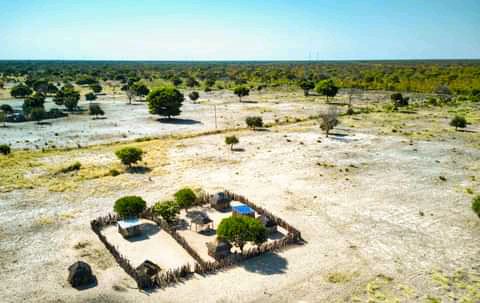By Blessing Chinagorom
The United States, in a statement through the US Agency for International Development USAID, has announced the provision of $4.9 million in additional humanitarian assistance to support drought-affected populations in Namibia.
Stating that El Niño-induced drought has contributed to deteriorating food security conditions across Namibia, driving negative impacts on crop and livestock production, climatic shocks, price shocks, economic decline, and unemployment.
Report has it that as of June 2024, 40% of the population (1.2 million people) is facing acute food insecurity (The Integrated Food Security Phase Classification (IPC) Phase 3 and above). Urgent support is needed now to safeguard lives and livelihoods.
An estimated 1.4 million people, nearly 50 percent of the country’s population, will likely face high levels of acute food insecurity and require urgent food assistance at the peak of the lean season, when food is scarcest, between July and September.  With this additional humanitarian assistance, the USAID said its partners will provide the life -saving food assistance and nutrition support to the most vulnerable Namibian children and their caregivers.
With this additional humanitarian assistance, the USAID said its partners will provide the life -saving food assistance and nutrition support to the most vulnerable Namibian children and their caregivers.
Adding that the funding will support UNICEF to enhance nutrition services such as early detection and treatment of wasting, the most severe form of malnutrition, for nearly 24,500 women and children.
The Agency also said the funding will support the UN World Food Program to provide food and nutrition assistance to more than 56,600 vulnerable individuals – primarily children and pregnant. And also to breastfeeding women from indigenous communities in the Ohangwena, Omaheke, Oshikoto, Otjozondjupa regions, who are most impacted by food and nutrition insecurity.
And also to breastfeeding women from indigenous communities in the Ohangwena, Omaheke, Oshikoto, Otjozondjupa regions, who are most impacted by food and nutrition insecurity.
While calling on other donors to join in stepping up to support the most vulnerable, stated that the climate change increasingly triggers droughts, flooding, and inconsistent rainfall, which is contributing to food insecurity.
The Agency made it clear that the United States will continue to support communities in Namibia and across Southern Africa by providing life-saving assistance to meet basic needs and build resilience.













